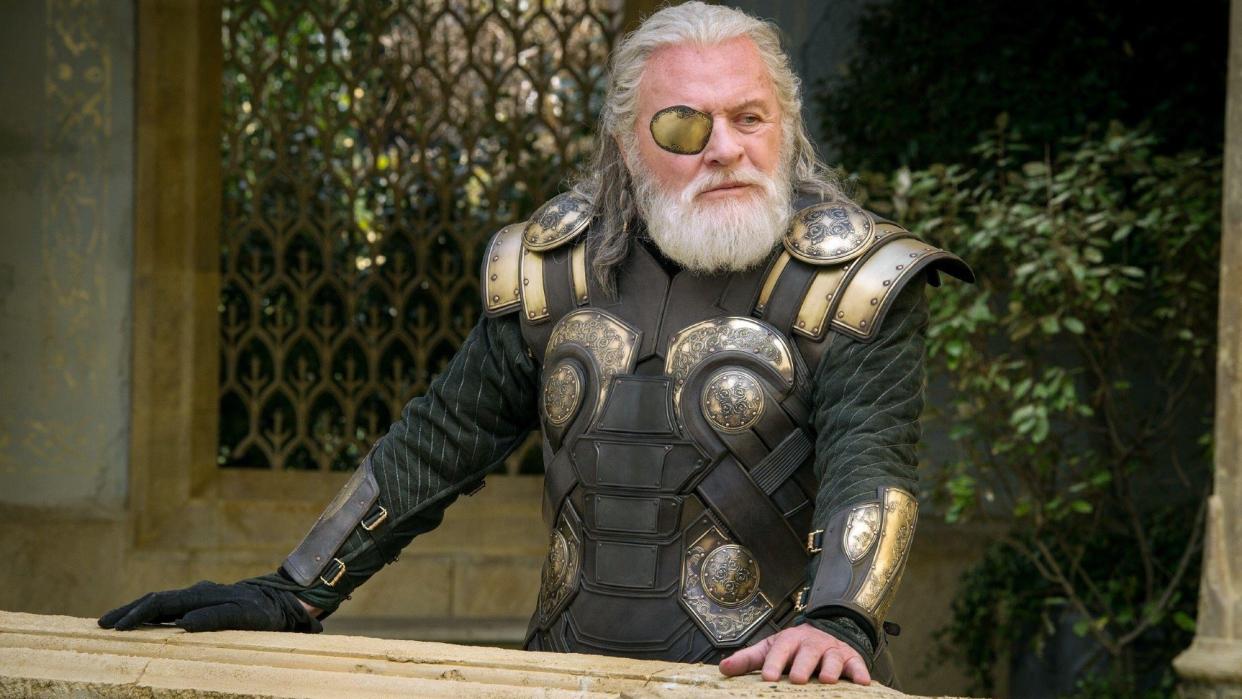What we lose when a talented actor joins the Marvel universe

Remember when Martin Scorcese angered a whole bunch of people with his diatribe against Marvel? He criticized the movies for being "theme parks" instead of cinema — with less depth and vision than many arthouse, independent or foreign films — but he was also lamenting the way they push other projects out of theaters and devour limited industry funds. "In many places around this country … franchise films are now your primary choice if you want to see something on the big screen," Scorcese said.
The ubiquity of Marvel is staggering. At 33 movies (and counting), the Marvel Cinematic Universe (MCU) has earned more than $29 billion, making it the biggest movie franchise ever. But there is an element of Marvel's domination that is less frequently discussed: what it means for the actors who are offered coveted comic book character roles. Are there downsides to joining forces with the superhero juggernaut, for either the performers or their fans?
The pros and cons
There are obvious reasons actors join the MCU. First: They make bank. Robert Downey Jr. holds the record, earning $75 million as Iron Man in 2019's "Avengers: Endgame." Chris Hemsworth, Scarlett Johansson, Chris Evans and Mark Ruffalo have similarly made a killing. It is easy to assume all actors earn wealth no matter the gig, but that is not the case. In 2022, "Euphoria" lead Sydney Sweeney admitted she could not afford to take a six-month break from acting. "They don't pay actors like they used to," Sweeney said, due to streaming's lack of residuals. Experts agree this is an industry-wide problem.
While some Marvel stars are A-listers already, others have seen their careers skyrocket or revive on account of superhero franchises. But there are also consequences. Actors in Marvel projects are less available to shoot indie or art films that may be more challenging, rewarding or diverse. A starring role in a Marvel flick keeps an actor busy for three to five months between prep, shooting and post-work; this does not take into account the eventual press tour, plus later sequels that can eat up years of a career. It is probably difficult to go back to earning a smaller paycheck after getting a taste of Marvel money, although some actors can strike a balance between doing blockbusters that pay the bills and indies that earn them acclaim or creative fulfillment — the old "one for them, one for me" philosophy.
Who's in — and out
Wise-cracking New Yorker Natasha Lyonne is the latest star to join the MCU in an upcoming "Fantastic Four." A critical darling in hits like "Russian Doll" and "Orange is the New Black," the raspy-voiced Lyonne is not your typical leading lady — so she has often chosen more offbeat roles. Soon, she will be punted into a wider spotlight.
Not all actors are willing to oblige. Indie star Kristen Stewart has a few Hollywood tentpoles under her belt (namely "Twilight") but she has stayed committed to indie films. "I will likely never do a Marvel movie … it sounds like a fucking nightmare, actually," Stewart said to Variety, alleging that joining the MCU would be an "algorithmic, weird experience where you can't feel personal at all about it." Joaquin Phoenix also turned down "Doctor Strange," and Leonardo DiCaprio advised Timothée Chalamet to follow his own example and not do any superhero pictures.
'Reciting exposition rather than actually performing'
"It can be dispiriting to see so much acting talent sucked into the quantum realm of the MCU," said Michael Schulman for The New Yorker. "Entire generations now know Anthony Hopkins not as Hannibal Lecter but as Thor's dad." (Notably, Hopkins did not enjoy his MCU cameo.) Illustrious actors like Robert Redford and Angela Bassett can disappear into movies whose "plots boil down to 'Keep glowy thing away from bad guy,'" where the "stakes are nothing less than the fate of the world, which come to feel like no stakes at all," Schulman added. In Marvel projects, greats like Olivia Colman and Bill Murray have been "tasked with reciting exposition rather than actually performing," said Eliana Dockterman for Time.
The MCU may finally be losing steam with the public. After the genre's reign over the last decade, audiences seem to have superhero fatigue, as 2023 saw no big box office successes for Marvel. Maybe actors should grab those MCU checks while they still can.


